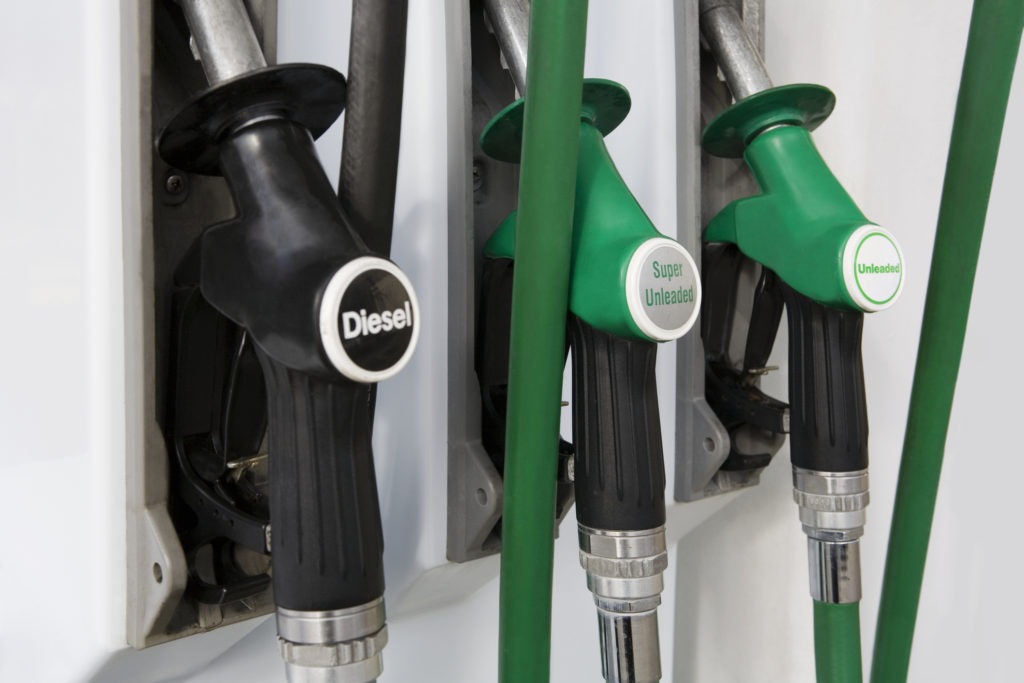Survey results: When is the right time for a petrol and diesel ban?
02 November 2018

2 November 2018
Petrol and diesel engine vehicles are set to be banned from sale in some European countries in the coming years, as governments look to increase the uptake of hybrid and electric vehicles, while at the same time decrease levels of air pollution blighting their towns and cities.
However, the timing of such bans is staggered, with Scandinavian countries looking to introduce measures in 2025, and the UK and France suggesting 2040. Additionally, a UK parliamentary group has called for restrictions to be brought forward by eight years, in line with a suggestion made by the Scottish Parliament, meaning bans would be in place by 2032.
Autovista Group wanted to find out when readers of the Daily News Brief, and the Autovista Group website, felt the appropriate time for a petrol and diesel sales ban would be. There was a clear winner, and the result was not a surprise.
With 64% of the vote, the majority of respondents felt that there should never be a ban on sales of traditional internal combustion engine vehicles. Many believed that drivers should have a choice as to the technology they buy, and restricting their sale will stop manufacturers from researching cleaner versions of these technologies. Instead, forcing every carmaker into an expensive electric vehicle (EV) or hydrogen program could cause serious financial problems, while also exhausting supplies of materials needed for battery production. Rushing to develop the new technology could also lead to long-term problems, which may take some time to iron out.
In a distant second place with 13% of the vote was 2032, in line with calls from certain members of the UK parliament, various city mayors and the Scottish Government. This is a middle ground between two dates that are set and would give carmakers a longer time to prepare while also ensuring that countries can start to tackle their air pollution problems sooner. It is also interesting to note that although 2032 came second in our poll, it is not a date that has been officially agreed to by any country so far.
Third was 2040, with 11% of responses. Giving manufacturers over 20 years to get their electric and hybrid technology ready will benefit the market, with many stating that they want to introduce an electrified version of each of their models by the middle of the next decade. Therefore, 2040 gives carmakers an opportunity to iron out any flaws and introduce new generations of models, phasing out internal combustion engines. Additionally, it gives governments and authorities time to prepare, while phasing out any incentive plans that would incur significant costs should all new vehicles be sold under such schemes.
With 8% of the vote, 2050 was the next deadline chosen. Like 2040, this gives manufacturers a longer time to perfect new technologies. However, the extra ten years could come as a detriment to air pollution levels.
Finally, with 2% each, came 2025, the earliest date suggested so far, and the ′other’ category. Many feel that by the middle of the next decade, manufacturers will only just be getting to grips with the new technology, while infrastructure will still be developing, meaning any ban on traditional engines will cause problems for those wanting a new car, but who are unable to charge it. Meanwhile, those selecting other all suggested a phased ban, where manufacturers had to sell a quota of electric vehicles, following a plan set to be introduced in China next year.